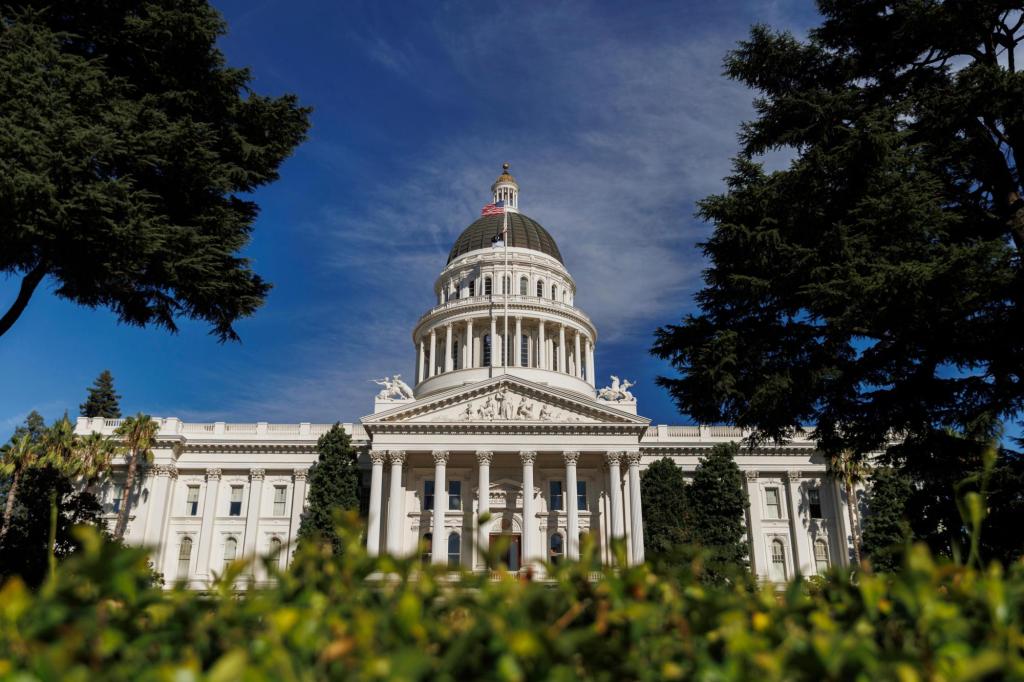
When California enacted the Private Attorneys General Act (PAGA) in 2004, it was set up as a way to help workers enforce labor laws when state regulators lacked the resources needed to do it themselves. But over time, the application of this law drifted far away from its original purpose. Instead of focusing on serious violations that harmed employees, PAGA was increasingly used as a cause of action to sue over minor, technical mistakes, like a typo on a pay stub. What began as a well-meaning enforcement tool turned into a lucrative business model for trial lawyers, who filed cases in bulk, often forcing employees into quick settlements. The result? Trial lawyers walked away with millions, while the hard-working employees the law was meant to protect saw small checks and no meaningful changes in the workplace.
Last year, California took an important step toward building transparency in the workplace when Gov. Gavin Newsom signed legislation to reform PAGA into law. After negotiations with businesses and labor groups, the new law gives employers a chance to limit heavy penalties if they can prove good faith efforts were made to follow the law. It also expands opportunities to correct mistakes before being dragged into costly litigation. By restructuring how penalties are awarded, PAGA reform helped create a system that better protects workers while giving small businesses some much-needed relief from the flood of lawsuits.
The progress we saw with PAGA reform should set as a precedent for fixing another area of abuse: the Americans with Disabilities Act (ADA).
The ADA is a landmark civil rights law that helps protect the 13.4% or upwards of 45 million of the nation’s population who live with a disability. All over the country and predominantly in California, the law that is intended to prohibit discrimination against people with disabilities has turned into a hotbed of lawsuits that disproportionately affect small businesses and their employees. Nearly one-third of all ADA cases filed nationwide in 2023 were brought in California, and by the first half of 2024, California had already logged over 1,500 new cases.
The reason the ADA has become overshadowed by excessive litigation is California’s chronically unfair penalty structure. Under the state’s Unruh Civil Rights Act, hyper-technical violations, such as a mirror hung slightly too high or a handicapped parking space angled a degree off standard, are subject to $4,000 in statutory penalties in addition to the overwhelming attorney fees that the everyday California business owners do not have the resources to afford. Thanks to these lawsuits, instead of making meaningful accessibility improvements that would help the disabled, business owners are hemorrhaging resources that could otherwise be used to expand their businesses or support their employees.
That is why I introduced Senate Bill 84 this year to bring much-needed balance to ADA enforcement. This bill aimed to crack down on the growing number of predatory lawsuits while ensuring real accessibility barriers were addressed promptly and effectively. Unfortunately, the bill stalled in this year’s legislative session, marking a missed opportunity to apply reform to a broken system in the same way lawmakers successfully reformed PAGA.
But the story doesn’t have to end there.
Luckily, California operates on a two-year legislative session, meaning bills introduced in the first year can be carried over to the second. That gives us another opportunity to bring SB 84 back to the table and continue the much-needed conversation about meaningful ADA reform. I urge Governor Newsom and my colleagues to prioritize ADA reform this coming year. Hopefully, we can build on this year’s progress and ensure this issue gets the attention it deserves when lawmakers return to Sacramento.
The progress we made with PAGA must be the beginning, not the end.
Roger Niello is a California State Senator representing District 6, which includes portions of Placer and Sacramento Counties.



